
5 foods you should never keep overnight
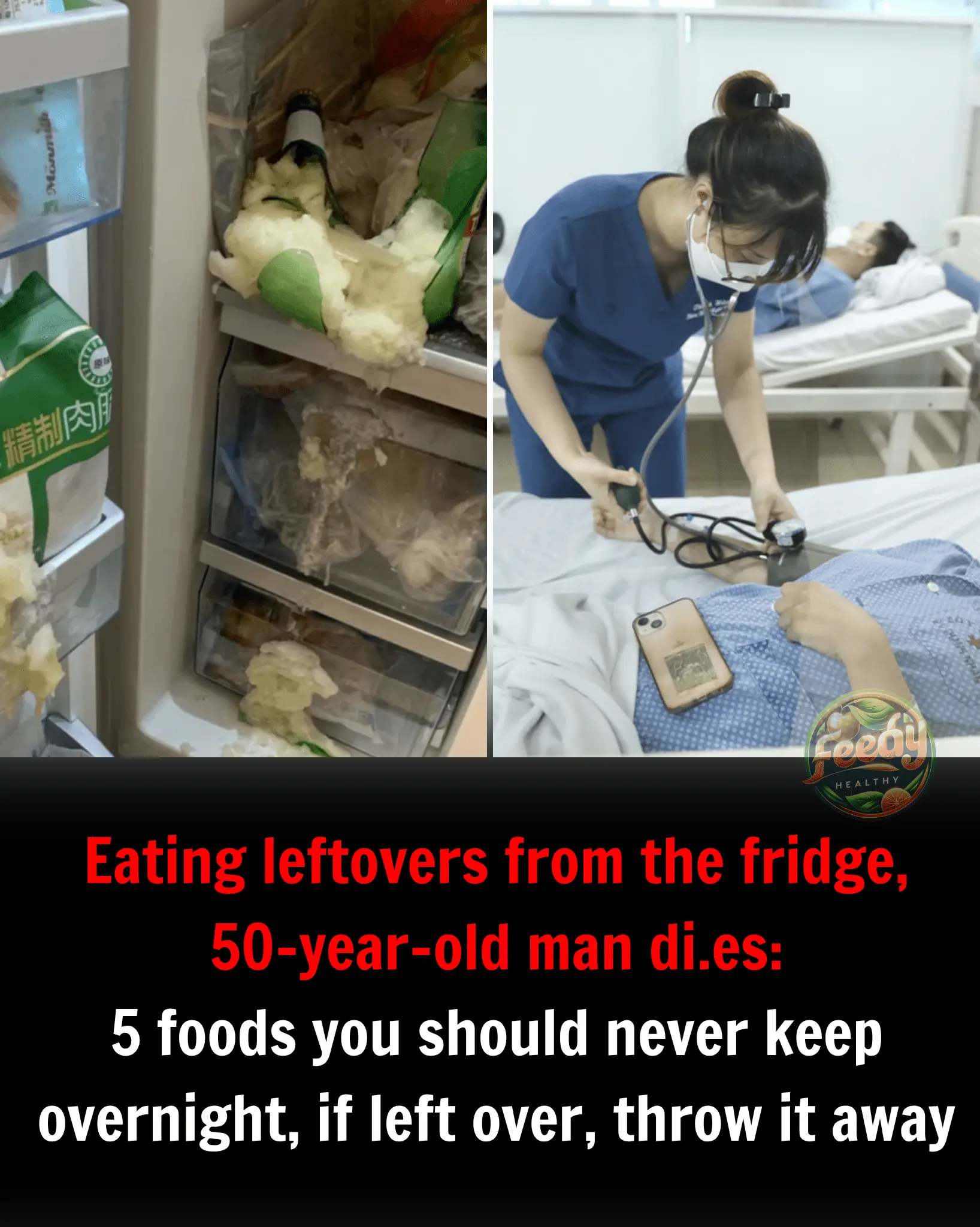
We often store leftovers in the fridge for the next day — and with busy schedules, it’s common to cook meals for several days in advance.
However, if this is your habit, it's time to reconsider. A tragic story recently surfaced about a 50-year-old man who died after suffering severe diarrhea from eating leftovers at home.
Despite receiving hospital treatment, he did not survive.
The man, whose identity was not revealed, was from China. He was hospitalized after experiencing severe diarrhea — more than 10 times a day — and was treated with IV fluids. However, during the infusion, he suddenly fainted and was rushed to a higher-level hospital for emergency care. Unfortunately, his heart had stopped by the time he arrived, and after 40 minutes of resuscitation, he could not be saved.
Doctors believed he had developed acute enteritis from consuming food that had been left in the fridge for too long. The enteritis led to extreme diarrhea, causing an electrolyte imbalance that triggered acidosis and hyperkalemia — ultimately fatal.
How Dangerous Are Leftovers? Can They Even Cause Cancer?
It’s not just food stored overnight — anything left unrefrigerated for 8–10 hours can be considered a leftover.
To examine the effects of leftover food on health, the Ningbo Food Testing and Inspection Institute conducted a study:
Researchers purchased common ingredients (meat, fish, vegetables) and prepared 30 household-style dishes. They divided them into groups — meat, mixed, vegetarian, and cold dishes — and stored them at 4°C and 25°C.
Key findings:
-
Vegetables stored at 4°C for under 6 hours: Minimal nitrite change and limited bacterial growth.
-
Vegetables stored at 25°C for over 6 hours: Nitrites didn’t increase significantly, but microbial growth surged.
Conclusion:
As long as food is stored at low temperatures, sealed properly (with cling film or containers), and consumed within 24 hours at 4°C, the risk of nitrites, microorganisms, or safety breaches is low — making it relatively safe.
However, leftover food can potentially contribute to cancer if consumed improperly over a long period. Even vegetables stored in ideal conditions aren’t entirely risk-free.
In Theory, You Can Eat Overnight Vegetables — But It's Still Risky
While you may safely eat vegetables stored overnight under the right conditions, there's always a chance of nutrient loss and bacterial growth. To be safe, don’t overconsume, and always prioritize fresh food.
5 Foods You Should Never Eat After Storing Overnight
1. Mushrooms & Wood Ear Fungus
Complex proteins in these fungi can disrupt digestion when reheated. They also contain high nitrates, which can become toxins over time, causing stomach discomfort. Best eaten fresh.
2. Leafy Greens
High in nitrates that convert to nitrites when left at room temperature. Nutrients are also depleted over time. Always consume while fresh.
3. Soy Products (Tofu, Soy Milk)
These are rich in protein and attract bacterial growth. If left too long, they can be contaminated with Clostridium botulinum, a bacteria that causes nerve paralysis or death.
4. Soft-Boiled Eggs
Undercooked yolks aren’t fully sterilized. Left too long, bacteria can multiply rapidly.
5. Seafood
Some bacteria in seafood survive cooking and multiply again after refrigeration. Their protein breakdown can harm the liver and kidneys, making overnight seafood unsafe.
How to Store Leftovers Safely
-
Keep Cold: Always refrigerate leftovers to prevent bacteria from spreading.
-
Store Separately: Keep meat and vegetables apart; use airtight containers or wrap tightly.
-
Monitor Time: Don’t keep cooked food for too long.
-
One Night Max: Don’t store leftovers for more than one night. Reheat only once.
News in the same category


9 ‘Classic’ Symptoms Signaling Early-Stage Cancer in Children: Parents Should Take Their Child to the Hospital Immediately

Heartfelt Advice: Throw Away These 4 Toxic Plastic Items Before Cancer Comes Knocking
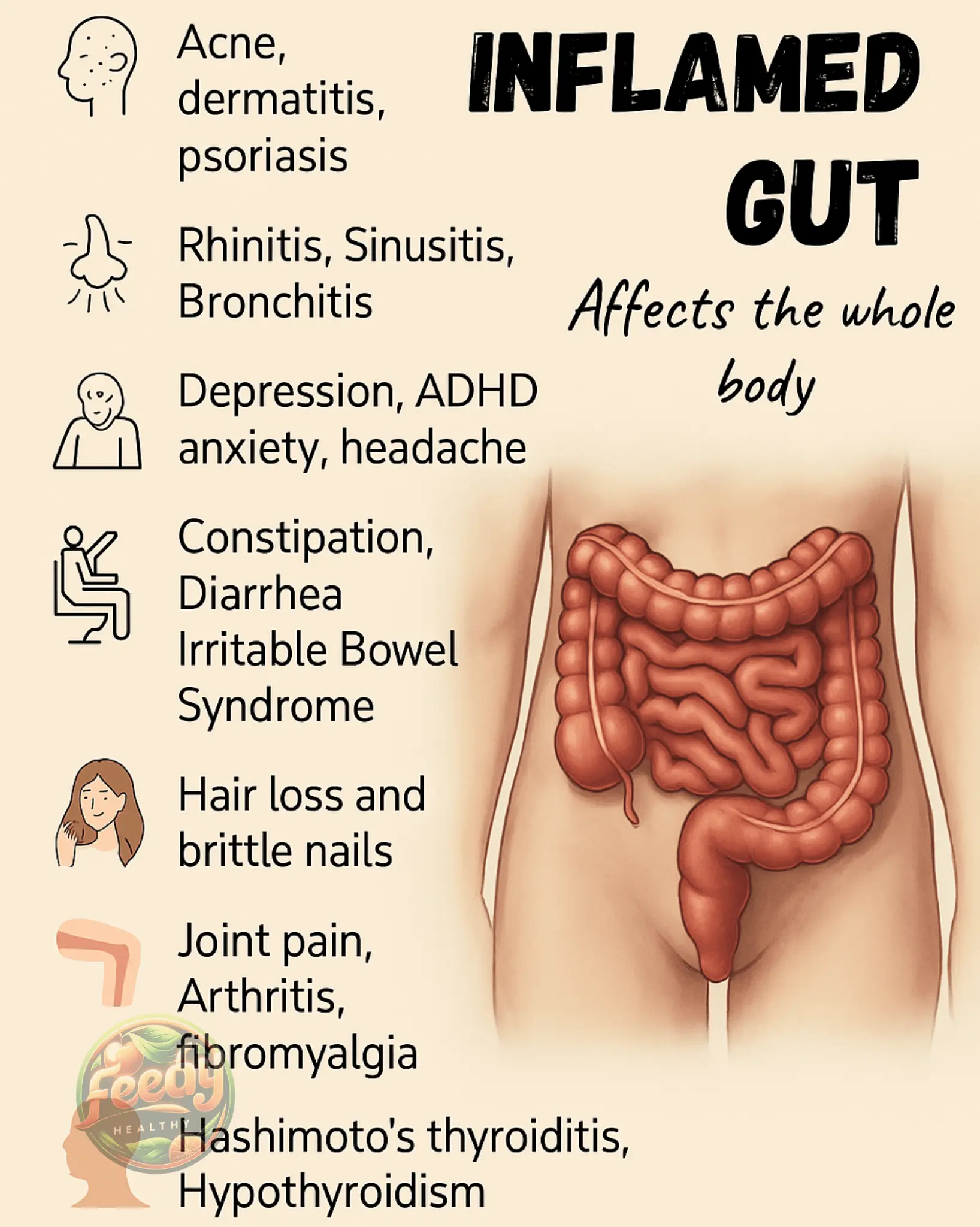
NATURAL REMEDIES FOR INFLAMED GUT
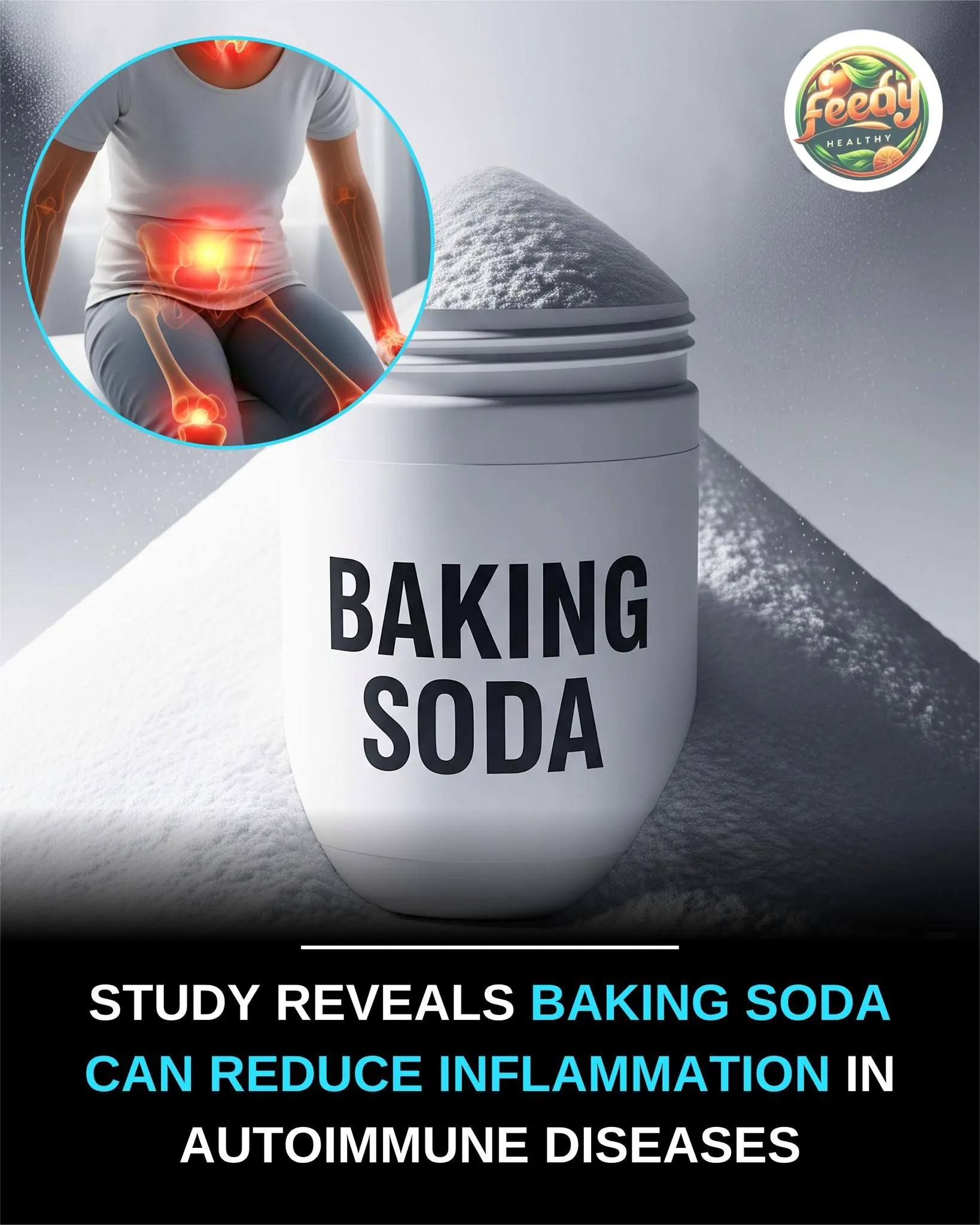
Daily Baking Soda Intake May Help Tame Autoimmune Inflammation, Study Finds

Many people mistake nasopharyngeal cancer for tonsillitis: Doctor explains how to tell them apart through associated symptoms

6 Best Teas to Keep Your Arteries Healthy

5 Drinks That May Help Dissolve Kidney Stones and Make Passing Them Easier

Learn from the Japanese: 3 Habits to Help Detox the Liver Quickly

8 Early Warning Signs Of Ovarian Cancer You Shouldn’t Ignore

Signs That You Have Too Much Sugar in Your Blood
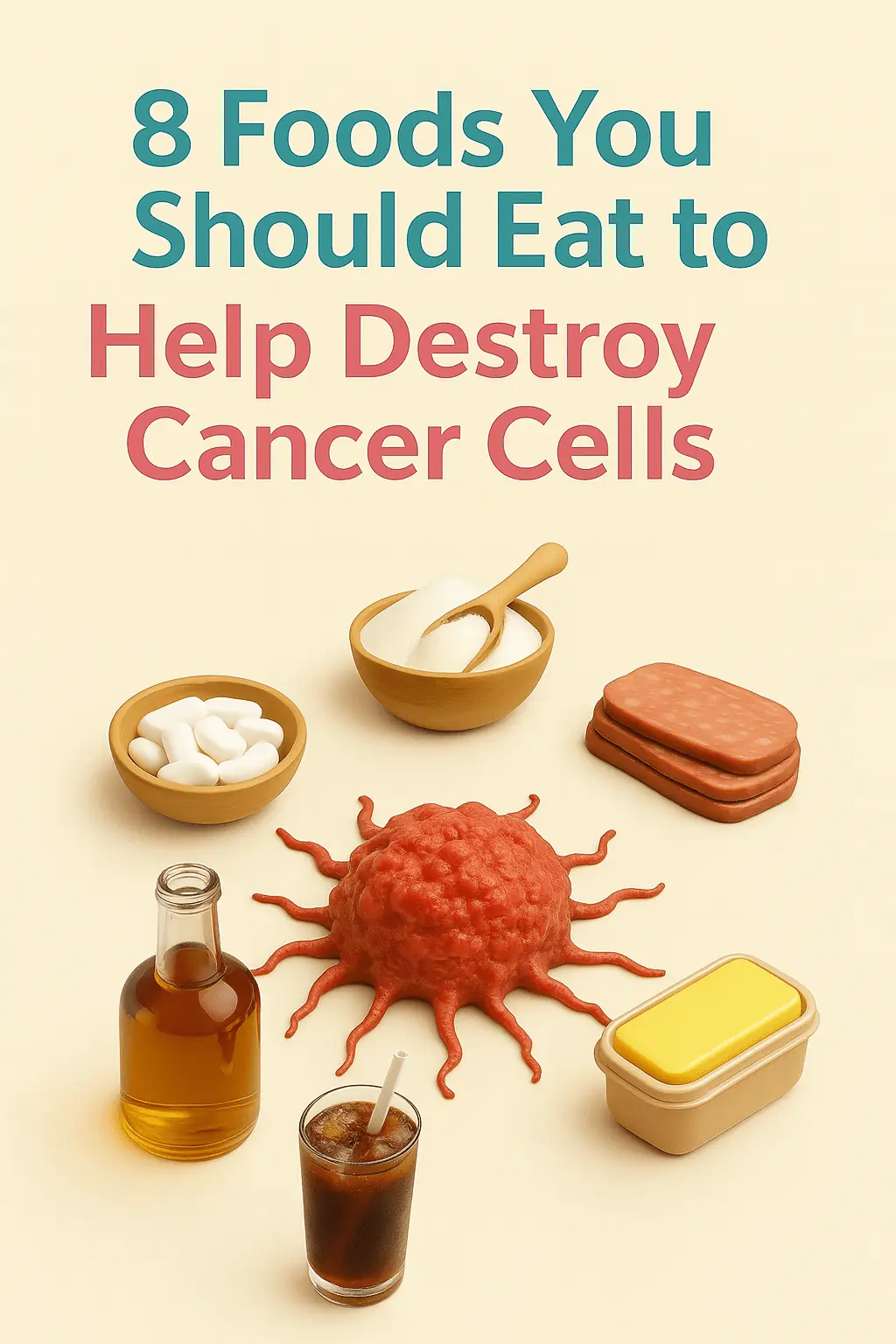
8 Foods You Should Be Eating to Help Kill Cancer Cells

8 Imperceptible Changes in Your Body that Could Be Warning of Health Problems

People with High Blood Sugar Should Avoid Certain Foods—Watermelon? Doctor: These Are 4 Foods You Really Shouldn't Eat

He Always Thought It Was Just a Sore Throat from Talking Too Much or Cold Weather—Mr. Tran Was Devastated to Learn It Was Late-Stage Stomach Cancer

5 Warning Signs of Stroke in Young Adults
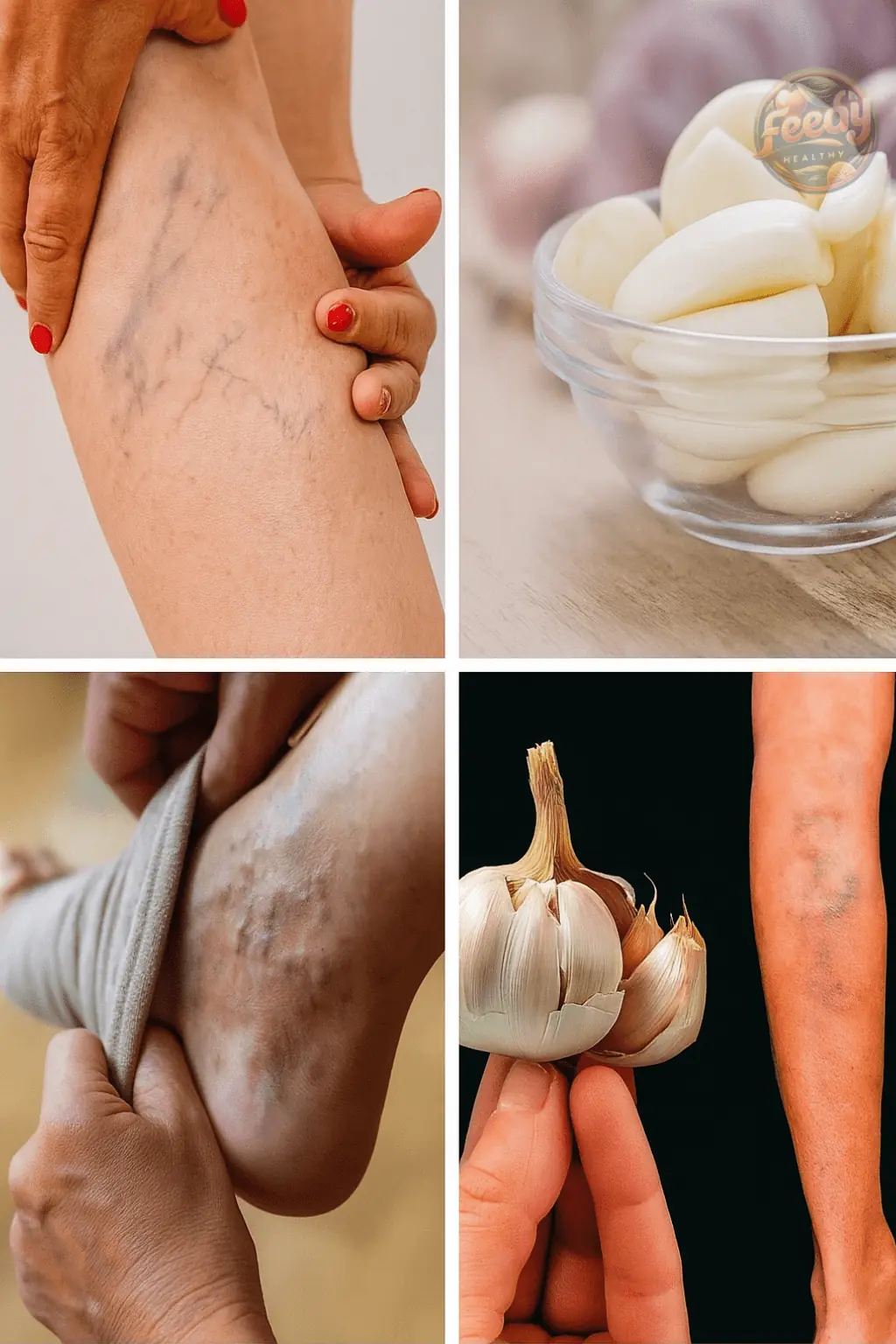
My Mother’s Secret: Garlic Remedy for Aches and Pains
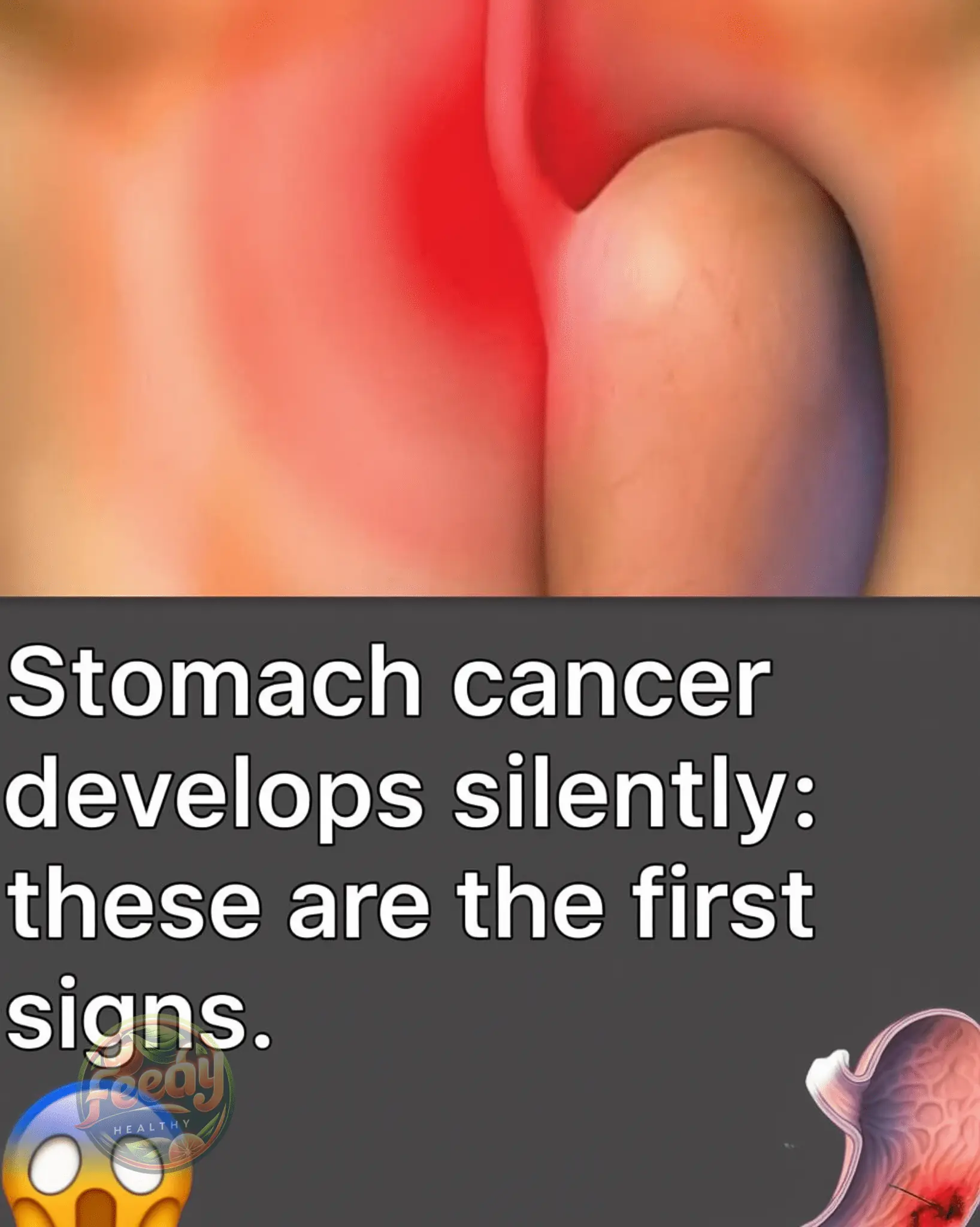
Stomach Cancer: Silent but Dangerous – Know the Early Signs
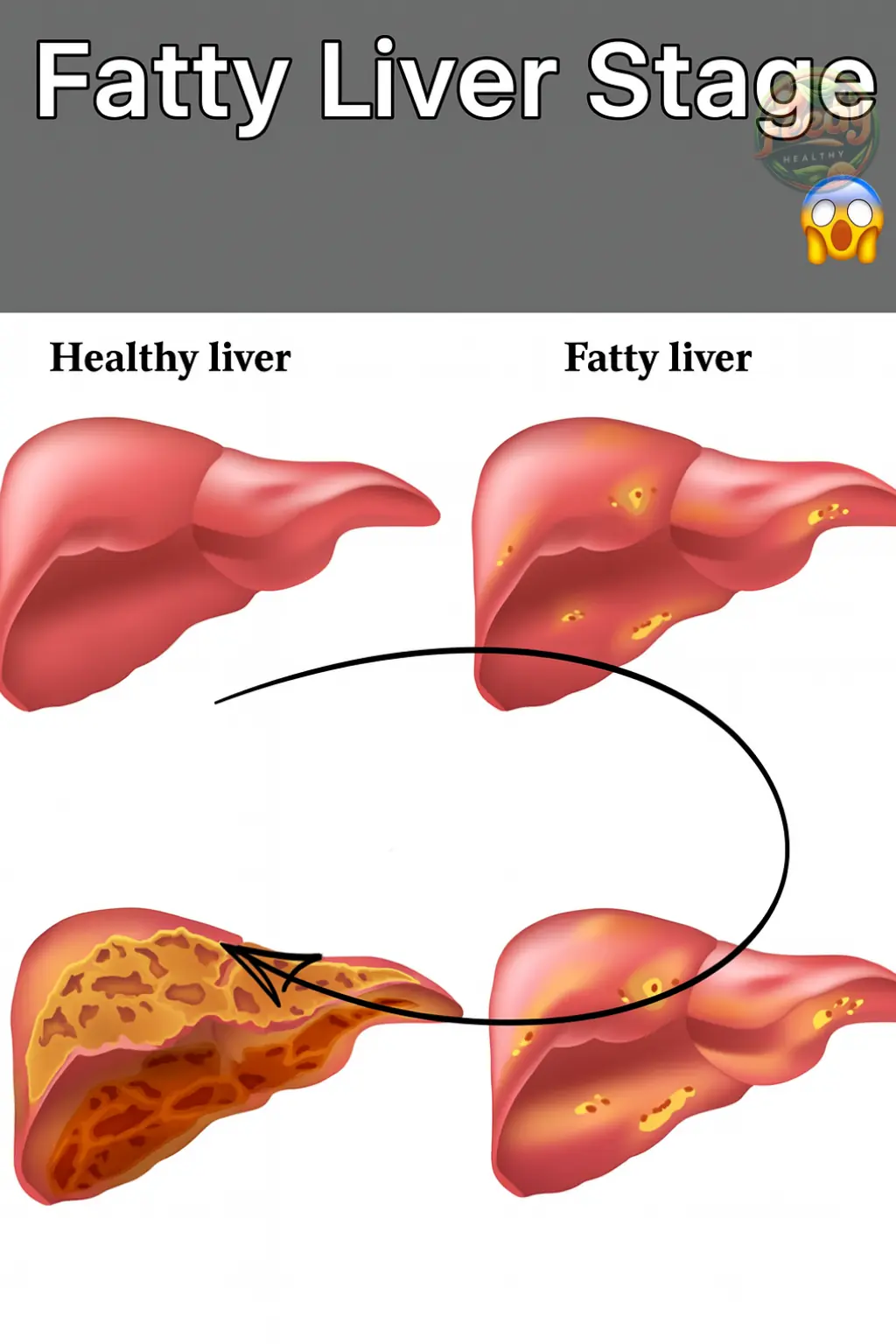
Take Care of Your Fatty Liver – Learn How to Cleanse Your Liver
News Post
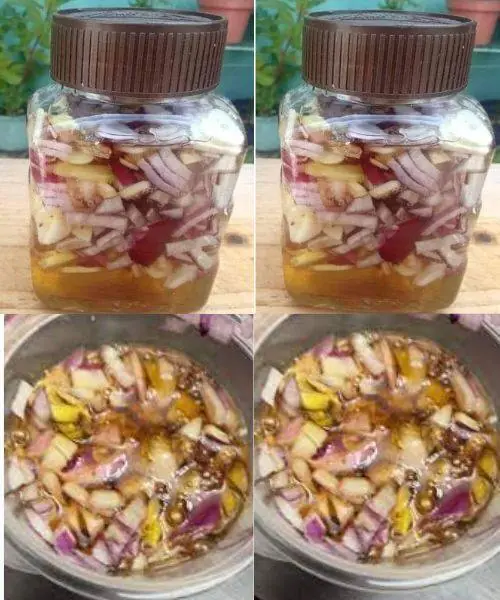
Boost Your Health Naturally

Enhance Your Environment and Well-being with Bay Leaf Burning

🍓 Delicious Strawberry Cheesecake

🍓❄️ Frozen Yogurt Fruit Bark

🍫✨ Chocolate Coconut Layer Cake

🍰🥭 Mango Coconut Chia Pudding
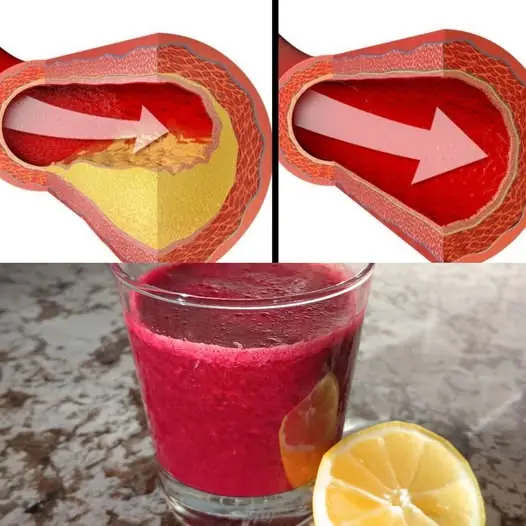
Rejuvenate Your Heart with This Miracle Juice!

Discover the Magic of Castor Oil Before Bedtime

Enhance Your Health with Carrot Power!

Detoxification and Digestive Health: A Refreshing Approach

Carrot and Banana Juice Recipe: A Delicious Boost for Your Health

Soften Rough Hands Naturally with Okra and Vaseline

Rejuvenate Your Skin with This 100-Year-Old Potato Recipe!

🎂🌹 Buttercream Rose Cake Recipe (with Yellow Roses & Butterfly Decor)

🍫 Crunchy Peanut Butter Oreo Chocolate Delight Cake

Double Chocolate Cheesecake Cake

Chocolate Mint Cake Recipe

Just Found Out Today: These 6 Foods Should Not Be Reheated — If You Can’t Finish Them, It’s Best to Throw Them Away!

Rubbing Tomato Slices on Your Face Has Amazing Benefits
